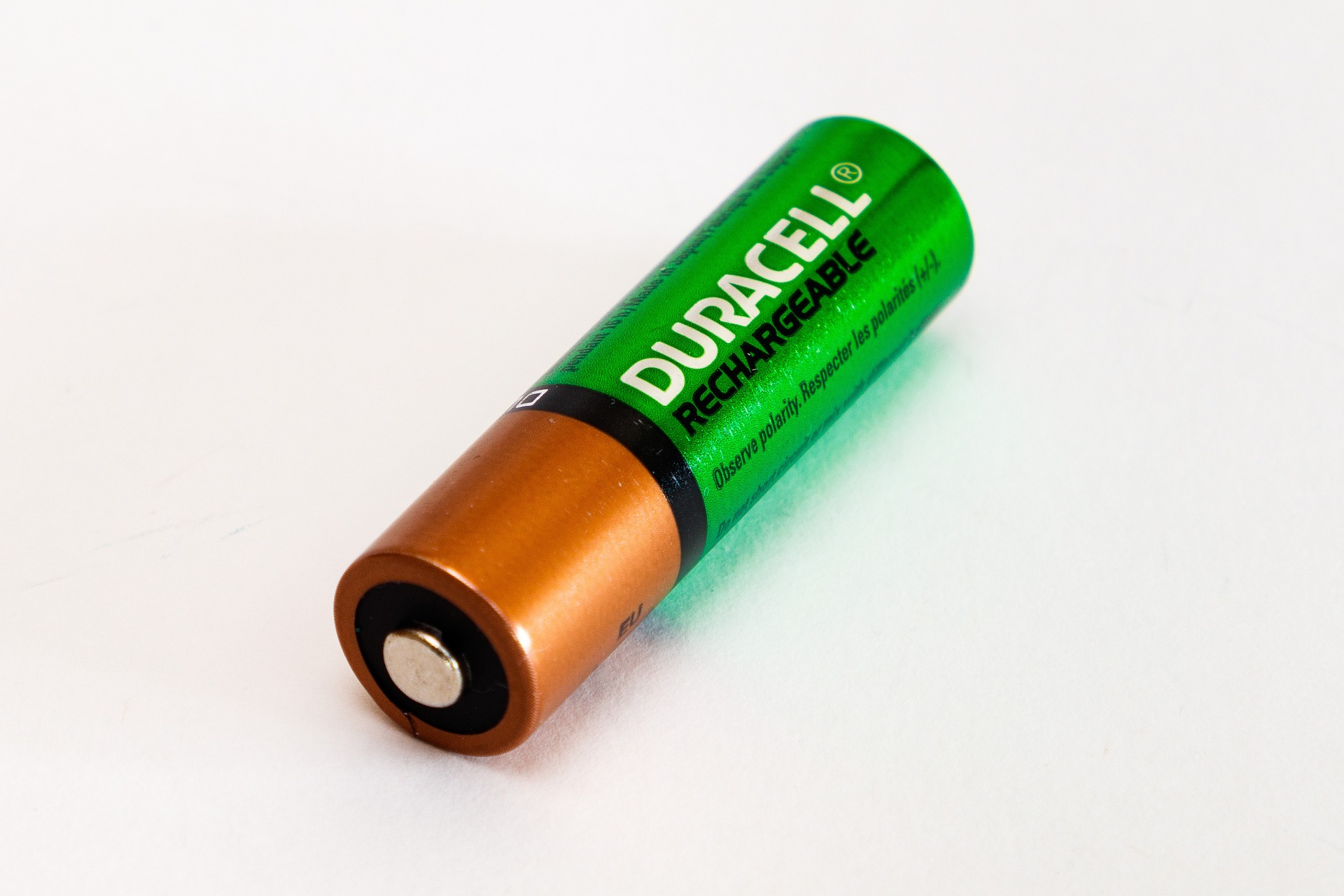Power Generators: Understanding Your Home Backup Options
Power generators are essential devices that provide electricity during outages or in off-grid situations. As homeowners increasingly seek reliable backup power solutions, understanding the various types of generators and their applications becomes crucial. This article explores different power generator options, their features, and considerations for choosing the right one for your home.
What is a generator with battery storage?
A generator with battery storage combines traditional generator technology with rechargeable batteries. This hybrid system offers several advantages over conventional generators. The battery component allows for instant power delivery when an outage occurs, eliminating the lag time typically associated with starting up a traditional generator. Additionally, the battery can store excess energy produced by the generator, providing a more efficient and potentially quieter operation during periods of low power demand.
These systems often integrate seamlessly with home electrical systems, automatically detecting power outages and switching to backup power. Some models also incorporate smart technology, allowing users to monitor and control their power usage remotely. While generators with battery storage tend to have a higher upfront cost, they can offer long-term savings through improved efficiency and reduced fuel consumption.
How do standby generators for home use work?
Standby generators for home use are permanent installations designed to automatically provide backup power during outages. These systems are typically powered by natural gas or propane and are connected directly to a home’s electrical system. When a power outage is detected, the standby generator automatically starts and transfers the home’s electrical load to the generator, usually within seconds.
Key components of a standby generator system include:
-
The generator unit itself, which produces electricity
-
An automatic transfer switch that safely disconnects the home from the grid and connects it to the generator
-
A fuel source, such as a natural gas line or propane tank
Standby generators are available in various sizes to accommodate different home power needs, from essential circuits only to whole-house coverage. While they require professional installation and regular maintenance, standby generators offer peace of mind and convenience for homeowners in areas prone to frequent or prolonged power outages.
What factors should I consider when choosing an electricity generator for home?
Selecting the right electricity generator for your home involves considering several factors:
-
Power requirements: Determine your home’s essential power needs during an outage. This may include refrigeration, heating/cooling, lighting, and medical equipment.
-
Fuel type: Common options include gasoline, propane, natural gas, and diesel. Consider fuel availability, storage, and long-term costs.
-
Portability vs. permanent installation: Decide whether you need a portable generator for occasional use or a permanent standby system for automatic backup.
-
Noise levels: Some generators can be quite loud, which may be a concern in residential areas.
-
Runtime and fuel efficiency: Look for generators that can operate for extended periods without refueling.
-
Safety features: Ensure the generator has overload protection, low-oil shutoff, and carbon monoxide detection.
-
Maintenance requirements: Consider the ease and frequency of required maintenance.
-
Cost: Factor in both the initial purchase price and long-term operating costs.
-
Local regulations: Check your area’s zoning laws and permit requirements for generator installation and operation.
By carefully evaluating these factors, you can choose a generator that best meets your home’s specific needs and circumstances.
Are solar generators available on Amazon a viable option?
Solar generators, which harness solar energy to charge a battery system, have gained popularity as a clean and portable power solution. Many solar generator options are indeed available on Amazon, offering varying capacities and features. These systems typically consist of solar panels, a battery, an inverter, and necessary charging ports.
Advantages of solar generators include:
-
Renewable and clean energy source
-
Silent operation
-
No fuel costs or emissions
-
Low maintenance requirements
-
Portability for camping or outdoor use
However, solar generators also have limitations:
-
Lower power output compared to traditional fuel-powered generators
-
Dependency on sunlight for recharging
-
Higher upfront costs for larger capacity systems
-
Longer recharge times, especially for high-capacity batteries
While solar generators available on Amazon can be a viable option for some homeowners, they are best suited for low to moderate power needs or as a supplement to other backup power solutions. For whole-house backup or high-power applications, traditional fuel-powered generators or hybrid systems may be more appropriate.
| Generator Type | Power Output | Fuel Source | Typical Cost Range |
|---|---|---|---|
| Portable Gas Generator | 3,000 - 10,000 watts | Gasoline | $300 - $1,500 |
| Standby Home Generator | 10,000 - 20,000 watts | Natural Gas/Propane | $3,000 - $15,000 |
| Solar Generator | 500 - 3,000 watts | Solar/Battery | $500 - $5,000 |
| Inverter Generator | 1,600 - 4,000 watts | Gasoline | $500 - $4,000 |
| Dual Fuel Generator | 3,000 - 12,000 watts | Gasoline/Propane | $500 - $2,500 |
Prices, rates, or cost estimates mentioned in this article are based on the latest available information but may change over time. Independent research is advised before making financial decisions.
Power generators provide essential backup electricity for homes during outages or in off-grid situations. From portable gas-powered units to permanent standby systems and emerging solar options, there’s a wide range of choices to suit various needs and preferences. When selecting a generator, consider factors such as power requirements, fuel type, installation options, and long-term costs. By carefully evaluating these aspects, homeowners can ensure they choose the best generator for their specific situation, providing peace of mind and reliable power when it’s needed most.





